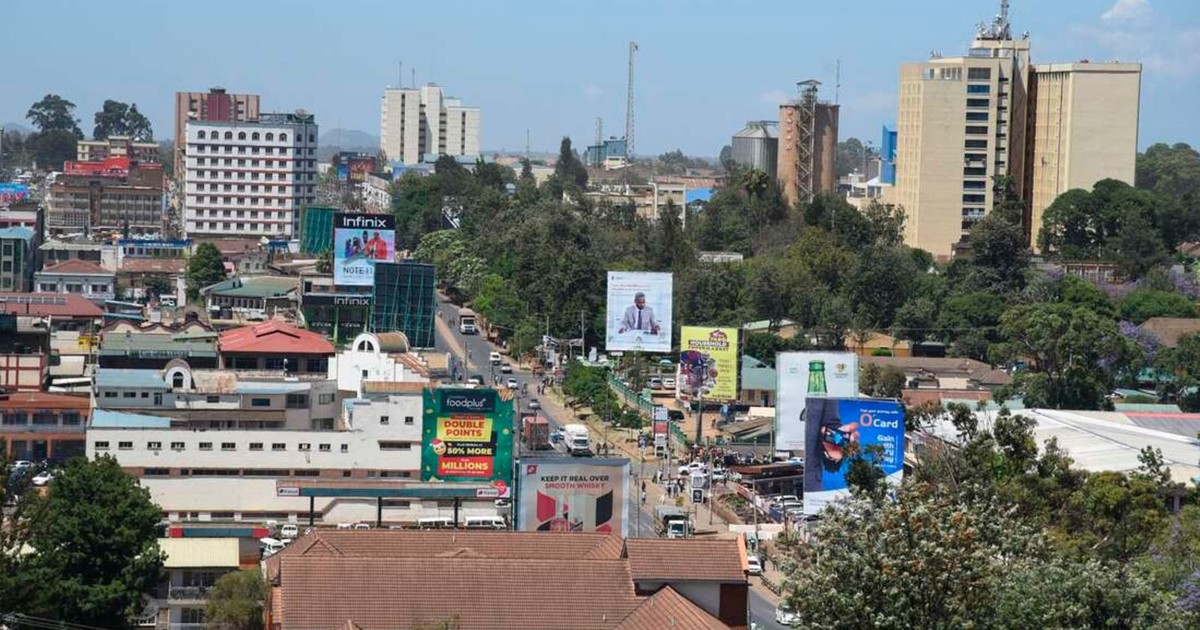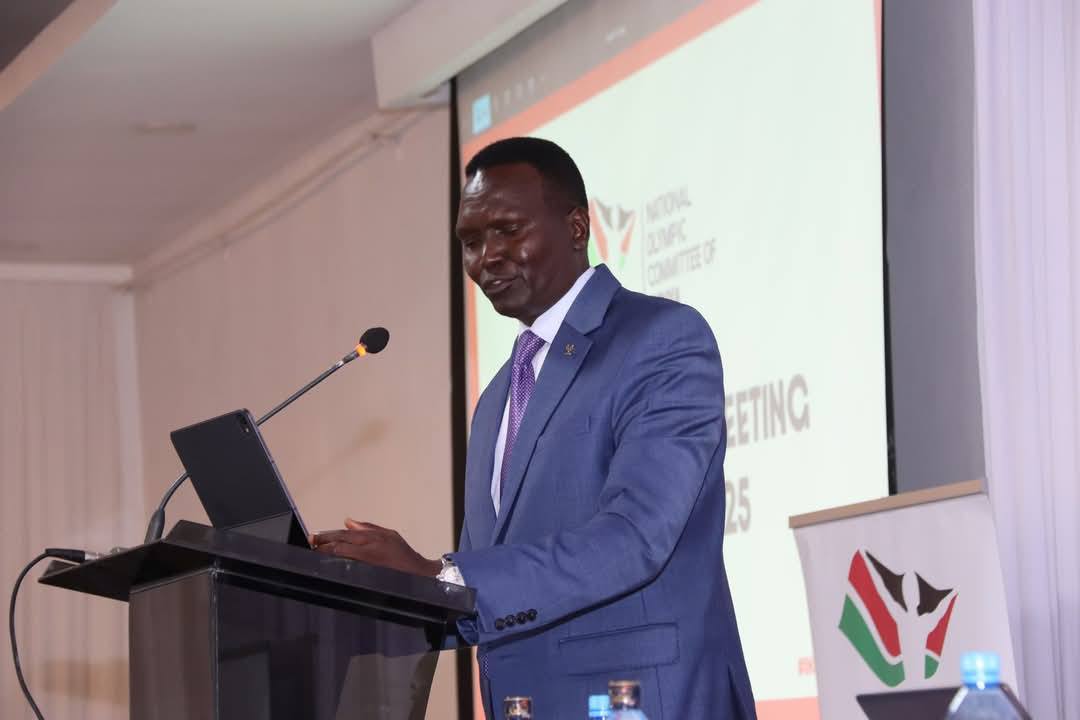The government of Kenya is planning to procure 230 milk coolers for distribution across 40 counties starting March 2025.
Speaking during the Farmers Summit 2024 in Nakuru, Principal Secretary, State Department of Livestock Development Jonathan Mueke said that the move will help ensure safe and high-quality milk reaches processors.
“Through the procurement of 230 milk coolers, the government aims to support milk producers across 40 counties. Starting in March 2025, this initiative will enhance milk safety and quality, empowering farmers to deliver higher-value products to processors,” said Mueke.
“Transforming Kenyan dairy is about more than just increasing production; it’s about creating a sustainable ecosystem where farmers thrive, consumers enjoy quality products, and the environment is protected,” he added.
The Farmers Summit 2024, hosted by Bio Food Products Ltd, concluded on Sunday November 24, 2024, bringing together key stakeholders in the dairy sector, including farmers, government representatives, private-sector leaders, and development partners.
Themed “Transforming Kenyan Dairy,” the two-day event emphasized the importance of innovation, sustainability, and a focus on milk quality to secure the sector’s future.
The summit highlighted efforts to improve livelihoods through quality-based pricing, innovative dairy practices, and climate-resilient initiatives.
Chairman, Mumberes Cooperative, Isaac Tubei, stated, “we appreciate Bio Foods for their relentless drive for quality. They’ve not only raised the bar but have also ensured that farmers are compensated fairly for the effort and investment they make in producing top quality, premium milk”.
While at the Fodder Project in Endebess, Bio Foods and Lato Milk in partnership with Bles Dairies officially announced the harvest of over 220 acres of precision-cut maize silage.
The high-quality maize silage is now available to farmers and cooperatives at an affordable rate, alongside management support to help farmers maximize its benefits.
Lato Milk CEO, Amit Sagar shared, “Improving livelihoods and empowering farmers lie at the heart of our work. By providing tools, resources, and fair pricing, we ensure that smallholder farmers can participate meaningfully in transforming the sector while securing their futures.”
The vision of the project was to reduce milk production costs—especially during dry seasons—and increase yields by up to 30%.
By lowering feed costs and improving quality, both organizations will be supporting farmers, and boosting the profitability of their farms.
“As we implement quality-based payment systems and scale capacity for milk testing, we are building a sector that prioritizes consumer safety and farmer empowerment. This is key to achieving long-term growth,” remarked Kenya Dairy Board Managing Director Margaret Kibogy.











